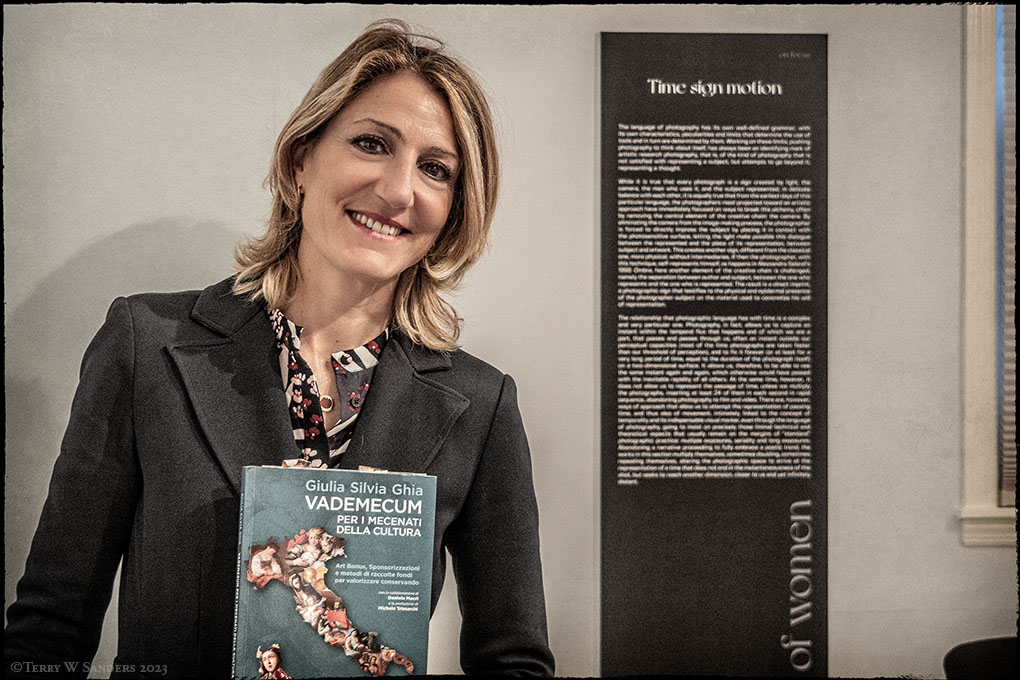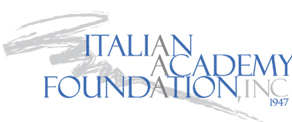Author Giulia Silvia Ghia on Conservation of Cultural Heritage

Author and art historian Giulia Silvia Ghia talked with Fabio Finotti, the director of the Istituto Italiano di Cultura New York (IIC-NY) on April 19th, 2023. During the conversation, she presented her latest book: “Vademecum per i mecenati della cultura. Art Bonus, sponsorizzazioni e metodi di raccolte fondi per valorizzare conservando.” The book is intended to be a guide for modern patrons to create their own cultural investment, using today’s legislation.
Some of the relevant questions the talk addressed: Is it worth investing in culture? How does someone become a contemporary patron? What are the rules and what mechanisms must be triggered to implement them?
Italy has a long history of patronage without which, there would be no cultural heritage that tells society of ancient events. Without clients, patrons, and collectors there would be nothing to keep or to hand down throughout history. However, all this heritage has a cost. Culture requires continuous resources, and it can be learned from the USA that the public interest in protection can be reconciled with the idea of profit.
Today in Italy, there are essentially two systems to encourage private participation in the enhancement and conservation of cultural heritage. Systems such as the Art Bonus and the SponsorArt incentivize the private individual to donate, in the first case and to sponsor in the second. Both systems provide for tax exemption processes.
Tax incentives are higher in the USA. The means used overseas to support culture are the non-profit organizations that are registered with the code 501c3. Any donation made to a 501c3, from any legal entity, deducts 100% of the taxes owed.
The United States does not have a cultural heritage of millenia compared to Italy, but the country has built it thanks to tax incentives. All the major American cultural realities were born or have had donations from patrons, and they continue to be supported by contemporary patrons. Every museum, university, theater has its own 501c3, which manages marketing and fundraising from within, which continuously produces programs and projects often stitched into the “pockets” of the patron. This is why the concept of community, of responsibility, of belonging and of defense exists and is very strong in the USA.
Rhia ends the talk by talking about how today’s patronage must be translated into cultural investment. This means, for a private individual, not only obtaining tax benefits or advertising visibility but being protagonists of a process that affects social, economic and occupational development.
Source: https://lavocedinewyork.com/arts/2023/04/19/i-mecenati-oggi-fra-italia-e-america/
-Elli Klauda
